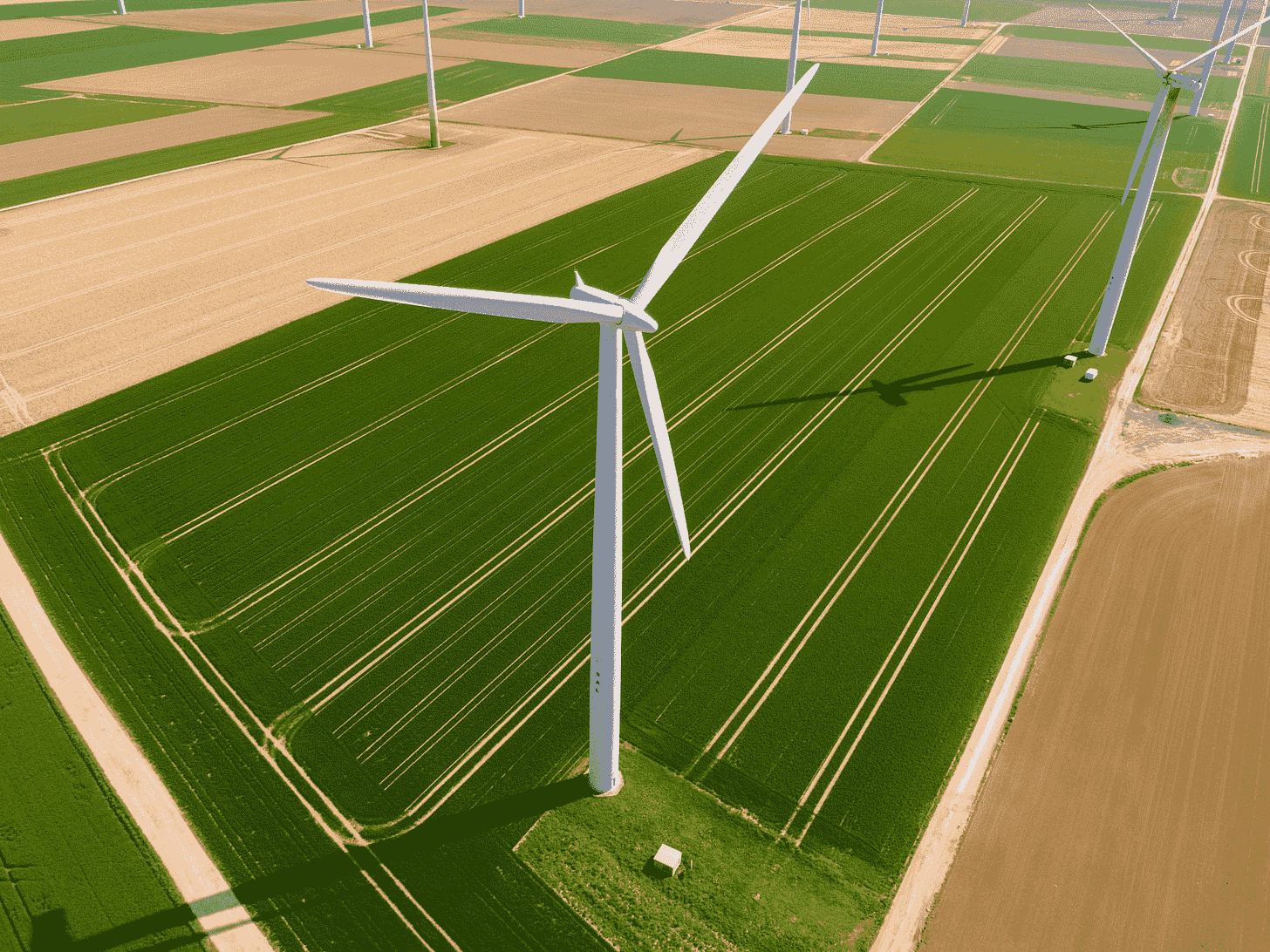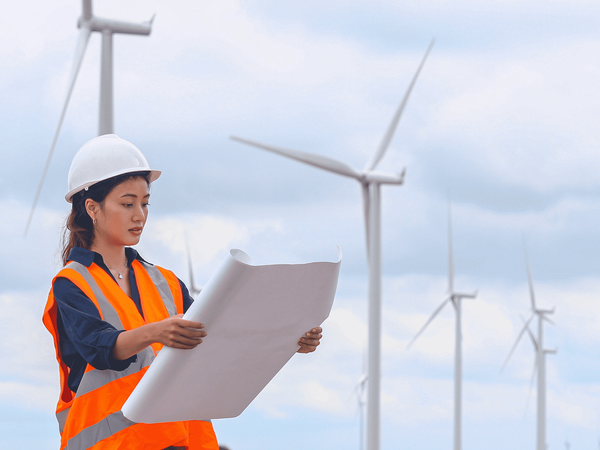COP28: fossil fuels challenge wins while loss and damage encounter setback

The COP28 began with deliberations on loss and damage; however, the final agreement to 'transition away' from fossil fuels overshadowed the entire summit.
Before the start of the COP28 summit, its president, Sultan Al Jaber claimed a lack of scientific evidence backing the necessity of a fossil fuel phase-out to restrict global temperature rise to 1.5°C. The stance contradicts UN Secretary-General António Guterres, who emphasized the otherwise.
Fossil fuels discussion dominates the COP summit every year but this year particularly attracted huge attention given the president’s recent remarks and his position as the CEO of the UAE’s state oil company, Adnoc. And the fact that the summit was happening in the UAE attracted more than 2,400 fossil fuel lobbyists. That is four times the number registered the previous year.
Related: COP27: Nations meet to tackle climate crisis
Related: Oil industry presence at COP27 concerns critics
Currently, the world continues to derive about 80% of its primary energy from coal, oil, and natural gas. Experts predict to reach record levels in 2023, with a continuation in the following years. Figure 1 shows the top 10 oil producers around the world in 2022.
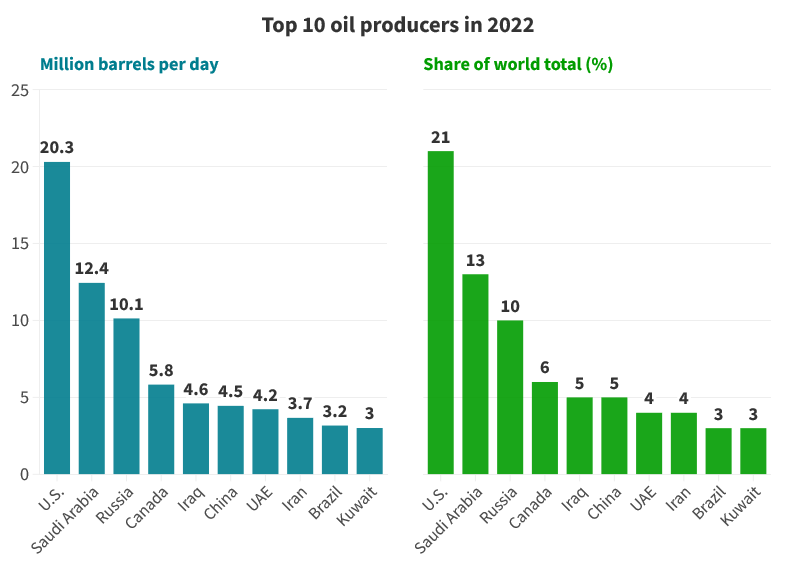
Figure 1: Top 10 oil producers in 2022 and their share of the total in the world. (Source)
'Transition away' from fossil fuels
Close to 200 nations were at COP28 to try to make progress on tackling climate change. Those determined for the ‘phasing out’ of fossil fuels went home with compromise and probably more confusion but even for those rooting for 'transition away', the real work starts here.
The COP28 marks the start of the end of fossil fuels either way. However with 'transition away', it's safe to assume that the elimination of fossil fuels will not be a priority for many leaders. It will give them time to adopt renewable energy in an orderly, timely, and efficient way.
But leaders must recognize that whatever side they are on, the momentum toward net zero is on the rise. Substantial additional efforts are needed to fulfill existing promises and obligations.
In his closing statement, Secretary-General Guterres stressed that phasing out of fossil fuel is inevitable to attain net zero by 2050 and we must support developing countries throughout their journey. However, the loss and damage fund, which developing countries hoped for, still fell short of the target.
Loss and damage money didn’t add up
Countries that bear minimal responsibility for causing the climate crisis seek to hold major fossil fuel polluters accountable for their suffering and hardship resulting from the climate crisis. The loss and damage fund recognizes these injustices and aims to help them tackle the unavoidable impacts of climate change.
However, the $700 million (£557 million) currently pledged by developed countries represents less than 0.2% of the required annual amount. Estimates for the yearly cost of damages range from $100 billion to $580 billion.
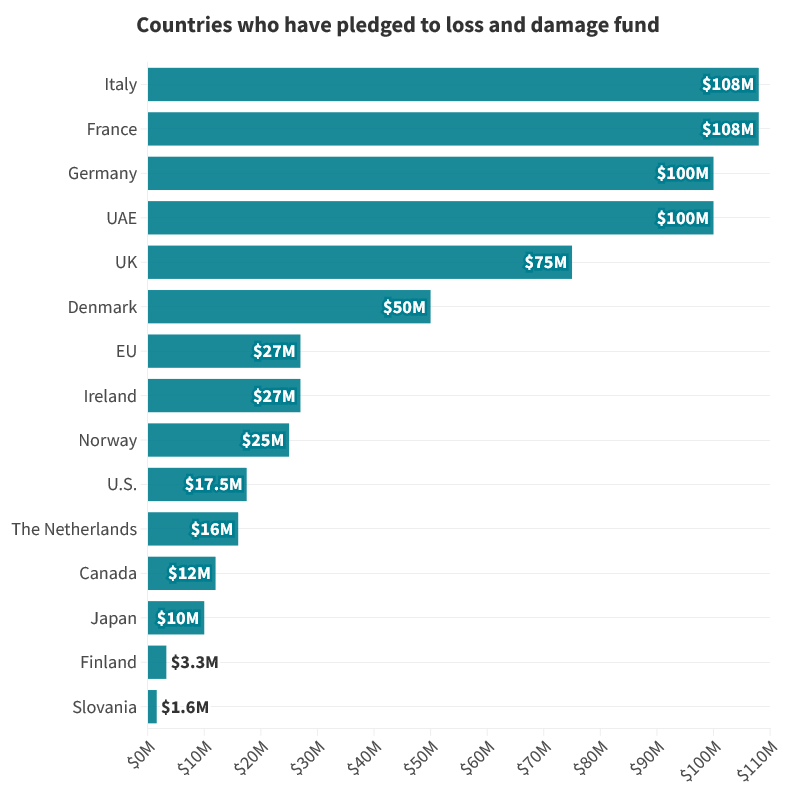
Figure 2: Countries who have pledged to loss and damage fund. (Source)
Figure 2 shows the pledged amount of the countries to loss and damage fund. The initial contributions include a $100 million pledge from the UAE, matched by Germany. Italy and France each committed to $108 million.
Tina Stege, the climate envoy from the Marshall Islands, which leads the High Ambition Coalition, a diverse assembly of countries spanning from Barbados to France, Kenya, and Pacific island states emphasized, "Nothing jeopardizes the well-being and future of all people on Earth, including the citizens of OPEC countries, more than fossil fuels."
Figure 3 shows some of the selected pledged countries with their CO2 emissions per capita in 2022. One of the largest emitters and leading oil and gas producers, the U.S., has pledged only $17.5 million, while Canada and Japan have offered $12 and $10 million, respectively.
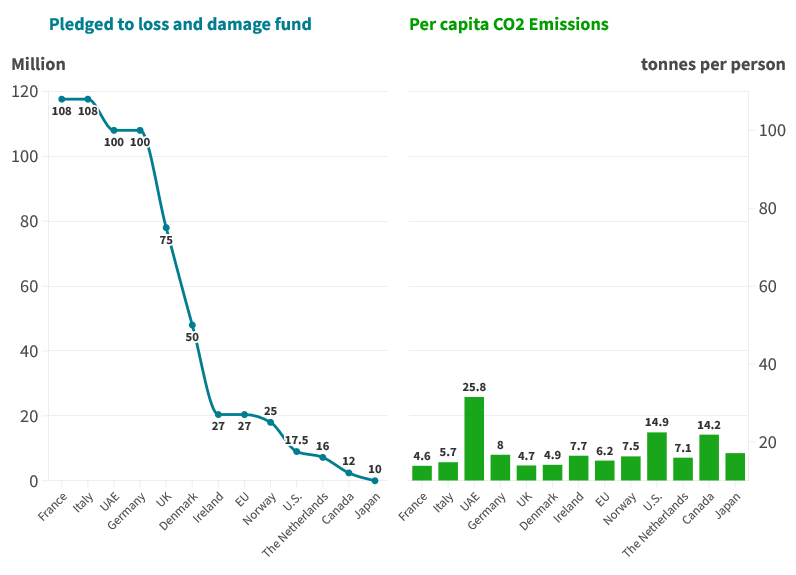
Figure 3: Selected numbers of countries who have pledged to loss and damage and their CO2 Emissions per capita in 2022.
Is COP28's tripling renewables doable?
Probably the least controversial was the agreement on renewable energy. More than 100 nations have collectively committed to increasing renewable energy capacity threefold by the year 2030. This means raising the global installed renewables capacity from 3.4 terawatts (TW) in 2022 to 11 TW by 2030.
In the past, the expansion of solar and wind energy has frequently exceeded expectations. However, despite these positive developments, the challenges still lie ahead for renewables to meet net-zero targets.
Earlier this year, McKinsey & Company estimated that wind and solar power capacity need to scale by six and 14 times, respectively to meet the net zero targets (Figure 4). Similarly, the production of green hydrogen, derived from renewables, would need to increase by 200 times. And the carbon capture technologies have to go up by 100 times.
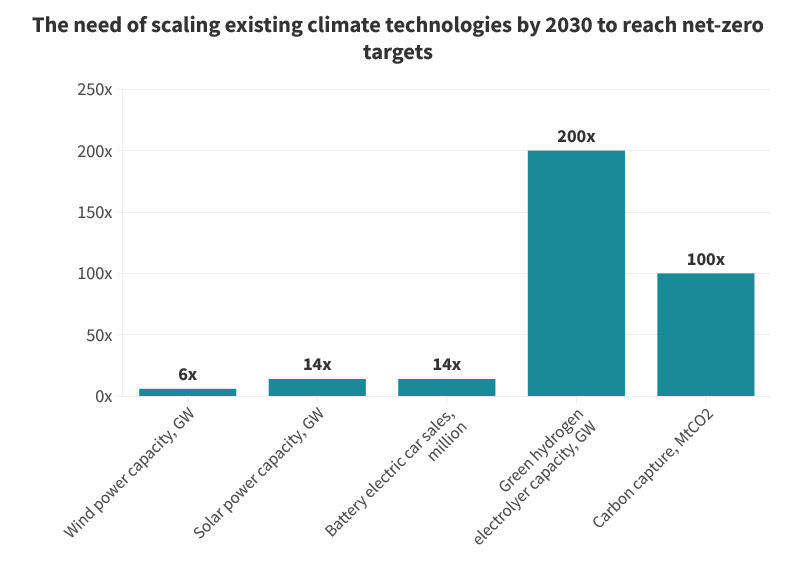
Figure 4: The need of scaling existing climate technologies by 2030 to reach net zero targets. (Source)
Expanding climate technologies frequently demands companies to adopt bold and innovative approaches. But there are always factors, such as economic uncertainty, inflation, and technological risks to consider.
While COP28 also addressed gaps in ambition, finance, and adaptation, there was a strong emphasis on the significance of accountability and collaboration.
Related: COP26: Pledges made, action required
There is one thing for sure. In every COP summit, we realize that what we have promised is not enough and more needs to be done. For now, people have enough to do. For instance, dissecting the meaning of "transition away from fossil fuels". It will probably be more clear until the COP meets again next year in Azerbaijan.

